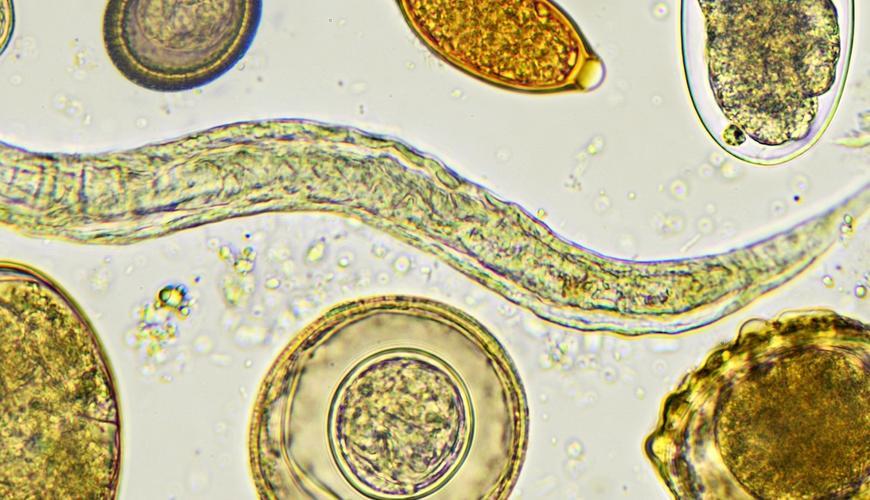Parasite infections are the cause of underestimated and insidious health problems worldwide. They are affecting the health of millions, with at least fifty percent of the population of the world suffering from some kind of parasite related infection or the other. As per a recent report, over 50 million Americans are known to have parasites breeding in their systems (as per experts, this number is expected to be much higher). These microbial organisms are available in different forms – ranging from feet-long tapeworms and tiny pinworms to water-borne amoebas that can be observed only under the microscope. If left unchecked, these parasites are capable of wreaking havoc on the human body in many different ways.

Read on know how parasitic infections are not always attributed to traveling abroad or consuming undercooked or unclean foods. Parasites can get into your system from the water you swim or bathe in, or drink. They can also penetrate through the skin by getting on you from the ground. According to this article about preventing parasitic infections (https://microbeformulas.com/blogs/microbe-formulas/top-tips-for-parasite-prevention-what-to-avoid-and-where-not-to-go) blood transfusions, and direct contact with pets can also lead to parasitic infections. The same can be caused by ticks, fleas, and many other microbial insects. Remember, parasites are just about everywhere. Regardless of which country you live in, you’re vulnerable to microbial infections. Here’s what to avoid to keep yourself protected.
Keys to Preventing Parasitic Infections
It’s important to develop an understanding of different parasites and their origin to understand how to prevent yourself from getting infected. Let’s get started.
Know Your Enemy
It’s very important to get acquainted with the main types of parasites and their origin. For instance, protozoa refer to single-cell and microscopic organisms. They either survive in the form of free-living organisms or reside within living hosts such as humans. They multiply within the host to create severe infections and illnesses. Protozoa can be shared through fecal matter, insect bites, and blood exchange. Helminths are parasitic organisms that are larger and multi-celled organisms. Unlike the microscopic protozoa, these parasites can be seen by the naked eye when they reach complete growth. Fortunately, these parasitic or free-living organisms fail to multiply in the human body in their adult form. Thorny-headed worms, tapeworms, flatworms, and roundworms are some examples of this type of parasite.
What to Avoid to Keep Parasitic Infections Away?
Parasitic infections may be attributed to certain unexpected sources that have to be avoided.
- Undercooked and raw foods
- Unsanitary and unhygienic food handling practices
- Pork that’s not cooked fully
- Freshwater and saltwater fish that’s undercooked or cooked unhygienically
- Pets; they spread ticks, fleas, and lice via direct contact with humans
- Insects like fleas, ticks, mites and lice that transmit infection via burrowing, biting, or bloodsucking humans
- Blood transfusions
- Contact with soil containing protozoa and helminths (such as pinworms)
- Sexual contact that may lead to trichomoniasis, an STD attributed to Trichomonas vaginalis, a protozoan virus
- Direct contact with an animal or human fecal matter, etc.
Prevent Parasitic Infections
Avoiding the places and things that may lead to parasitic infections can prevent the incidence of infections. Take care as you do not know how vulnerable you are to these worms and microbes that can ruin your happiness and health.
Leave a Reply